As we age, it is not inevitable to experience diminished health and well being. However, it takes a bit of effort to maintain or improve physical, mental and emotional wellness, no matter how old or young one is.
The Benefits of Exercise on Mental Health
One of the easiest ways to improve all aspects of health is to engage in regular physical exercise. This is something everyone can do as long as they do not try to do more than they are physically able to do. For instance, someone who has not been exercising regularly should not try to run three miles right off the bat.
Age is less of a factor than physical activity levels, so if you are an active person, starting a regular walking program should be rather simple and easy to achieve. However, if you tend to be more sedentary, you may have to start out with shorter distances or a slower pace. Nevertheless, the sooner you start, the faster you will see improvement in not just your physical wellbeing, but your mental and emotional health as well.
You need not be a fitness guru to enjoy the health benefits of exercise. Any amount of physical activity can help, no matter your age or fitness level. Most experts recommend adults should aim for 150 minutes of moderate intensity physical activity each week. This breaks down to approximately 20 minutes per day. Following these recommendations can help lower your blood pressure, reduce the risk of 20 chronic health conditions including some cancers, help you lose weight, sleep better, and live longer.
One study shows that in addition to improved sleep, brain health, and quality of life, physical activity also reduces the risk of cognitive decline and dementia. In fact, sedentary adults are almost twice as likely to experience cognitive decline as are active adults.
The Link Between Psychological and Physical Health
Psychological well being and physical health are closely linked, especially at older ages. In fact, the three aspects of psychological well being directly correlate to longevity and survival. These three aspects, evaluative (life satisfaction), hedonic (feelings of happiness), and eudemonic (sense of purpose and meaning in life) well being have been shown to have a protective effect on maintaining physical health. Many experts attribute this to decreased levels of stress hormones and therefore, diminished inflammation and absence of disease.
Furthermore, there is a bidirectional relationship between physical health and subjective well being. When older people suffer from chronic illness like heart or lung disease, arthritis, or diabetes, they show both increased levels of depression and anxiety as well as impaired eudemonic and hedonic well being. In other words, maintaining physical health is key to maintaining psychological health, and vice versa.
Balance Your Life with Physical, Mental, and Social Activity
As you might surmise, your overall wellness depends on a well-balanced life that includes physical activity, mental stimulation, and social interaction. One of the best ways to ensure you are able to partake in all three aspects of health maintenance is to move into an independent living community. Here at The VIrginian, you will have the opportunity to participate in any of our daily exercise classes, expand your social circle, and pursue new hobbies and interests – all without the stress of daily chores and maintenance tasks.
Why not make a long term commitment to improving your mood, your physical and mental health, and your life? Consider the mental health benefits of no longer having to cut the grass, fix the roof, or clean the gutters. When you choose to live at The Virginian, those annoying chores will be a thing of the past. For more information or to schedule a visit, please contact our friendly and helpful staff at (703) 385-9229.

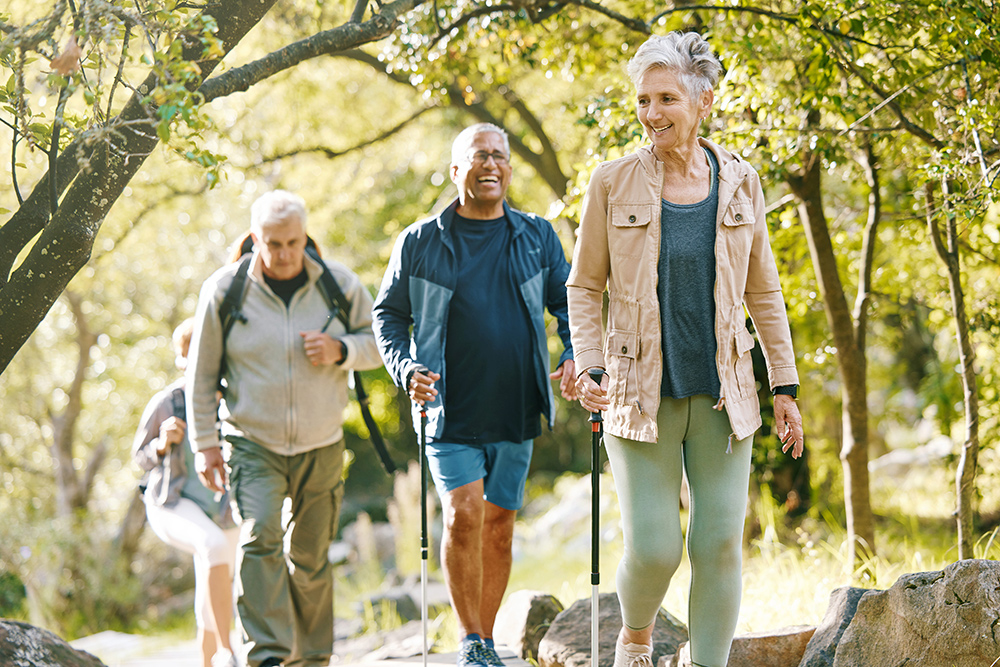









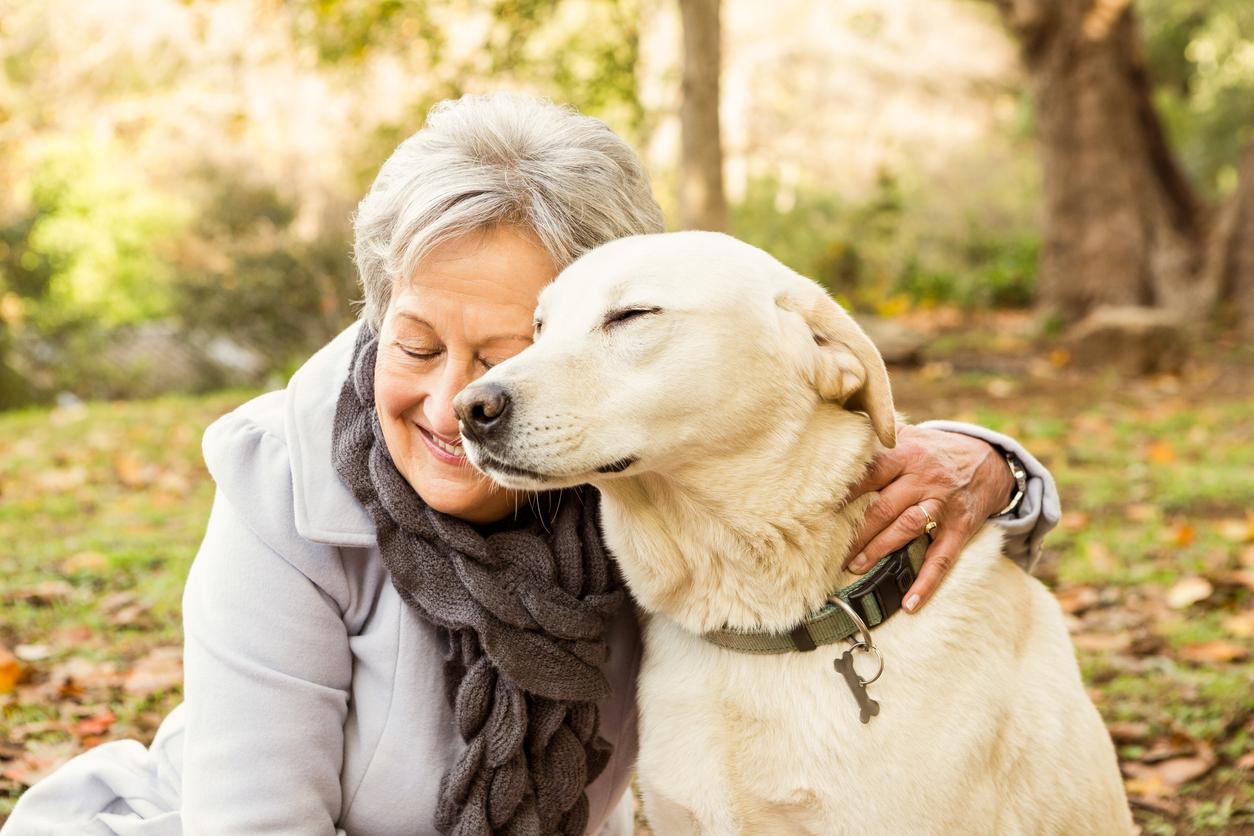


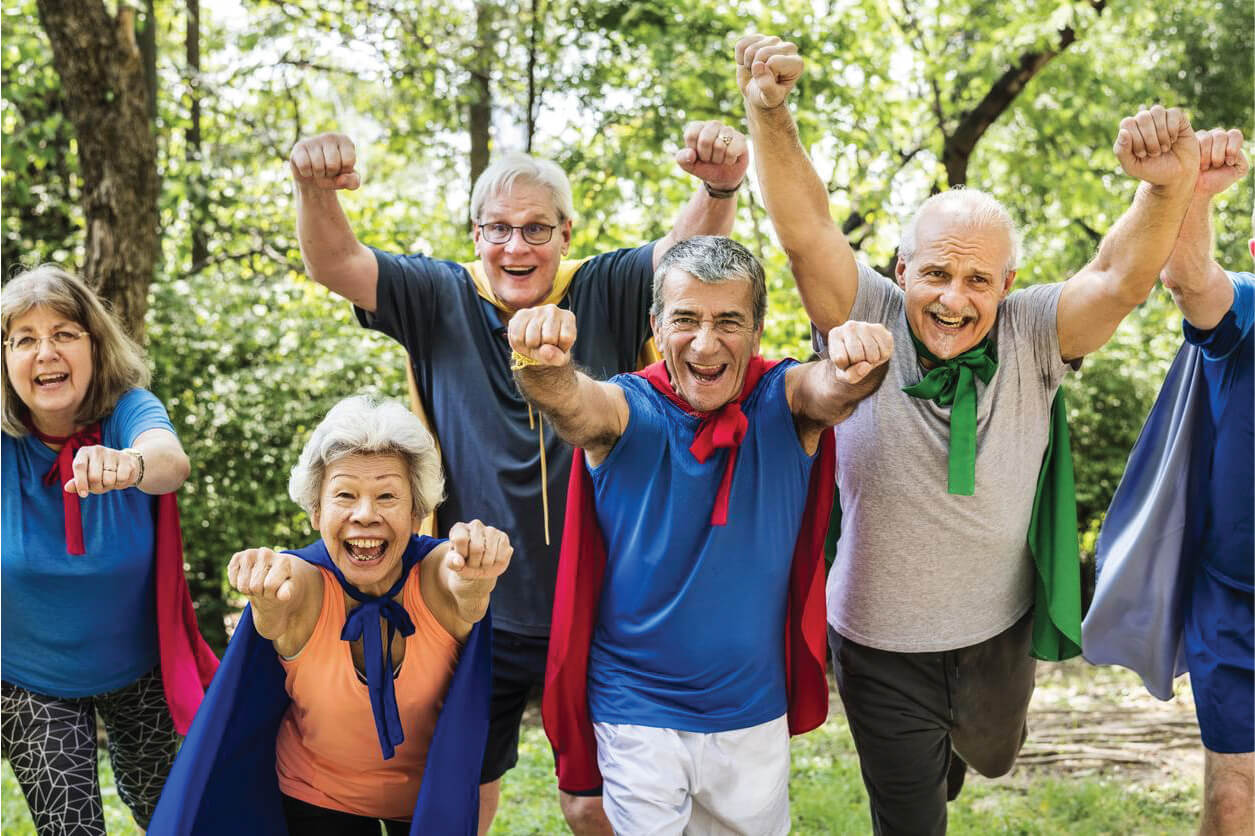





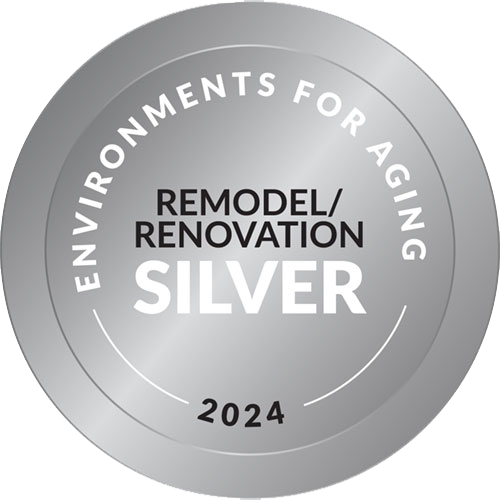
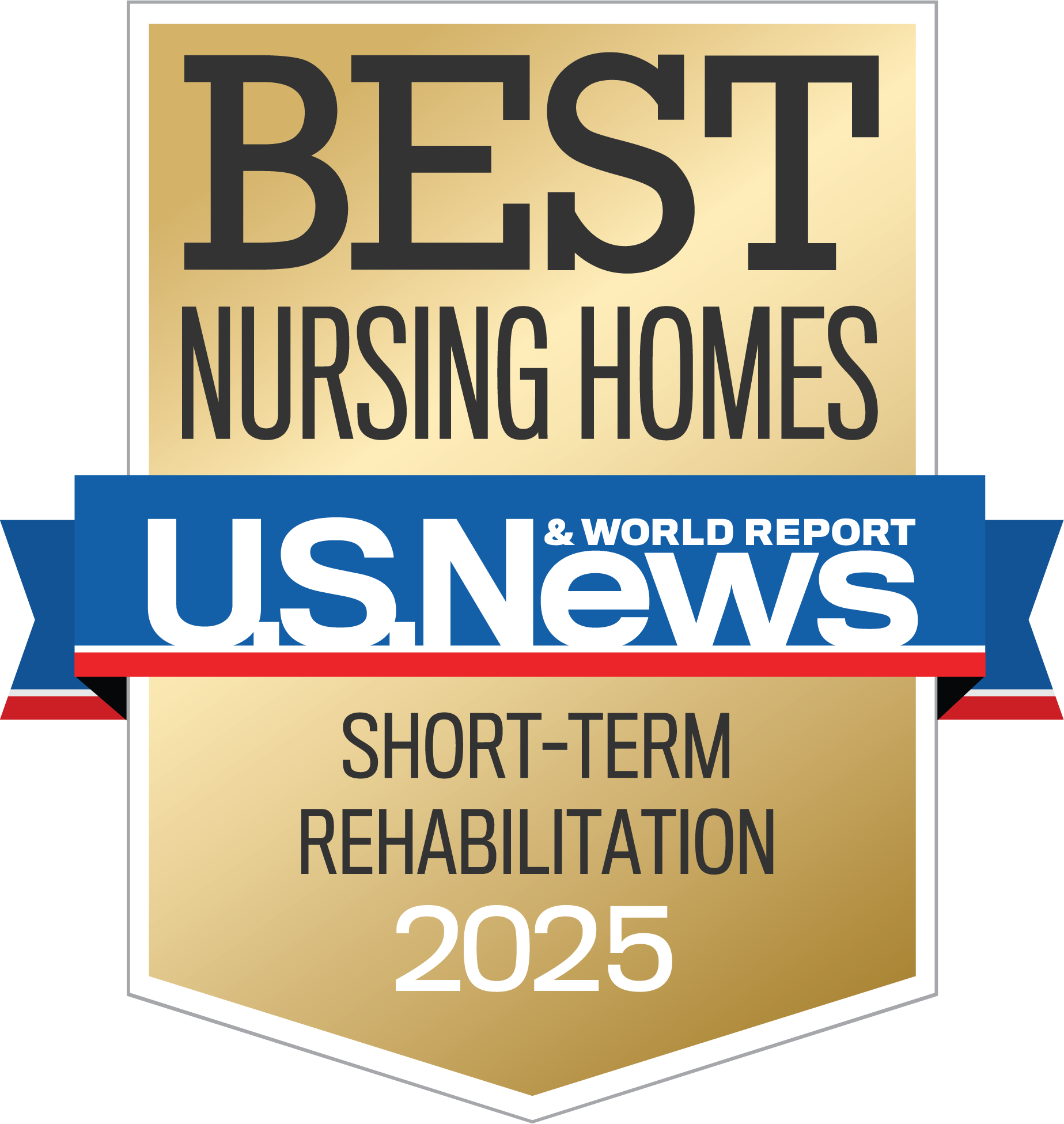
.png)